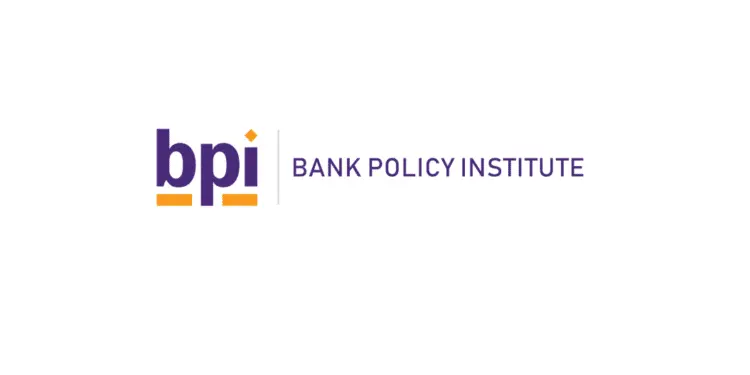In a recent report titled ‘How Much Will U.S. Businesses Pay for Loans? Translating a Basel Accord Into a U.S. Regulation‘, the Bank Policy Institute describes how Credit Benchmark data can be a tool in evaluating default risk for loans.
The article explains “…many large banks now participate in a benchmarking exercise that is provided by a company called Credit Benchmark, which collects data on one-year probability of defaults of corporates from 40 global financial institutions, including 15 global systemically important banks (GSIBs). Consensus ratings are available on Bloomberg. Using these or similar data, for businesses that are assigned a probability of default by multiple banks, examiners could cross check the probability of default assigned by any one bank against the PDs assigned by other banks to determine whether a given bank was systematically understating risk weights, or the risk weight could depend on the average probability of default assigned by reporting banks for that business”.



